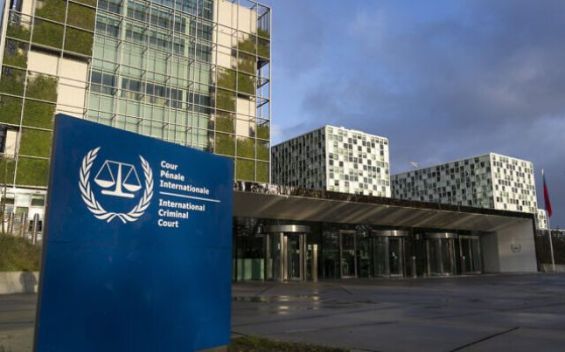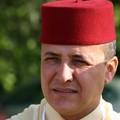The International Criminal Court (ICC) issued, Thursday November 21, arrest warrants for Israeli Prime Minister Benjamin Netanyahu and former Defense Minister Yoav Gallant. The court, based in The Hague, The Netherlands, cited «reasonable grounds| to believe they committed war crimes and crimes against humanity in the Gaza Strip.
The ICC stated that ‘the Chamber found reasonable grounds to believe that Mr Netanyahu and Mr Gallant each bear criminal responsibility as civilian superiors for the war crime of intentionally directing an attack against the civilian population’’, used starvation as a weapon of war, and were involved in crimes against humanity, including murder and persecution. The court emphasized that Israel’s acceptance of its jurisdiction was unnecessary and declared that making these warrants public serves the interests of the victims.
Additionally, the ICC issued an arrest warrant for Mohammed Deif, commander of the Izz ad-Din al-Qassam Brigades, the military wing of Hamas.
Reactions in Morocco
In Morocco, the government has not yet commented on the ICC's decision, and the majority parties have also remained silent. However, the opposition Justice and Development Party (PJD) welcomed the arrest warrants, describing them as targeting «war criminals Benjamin Netanyahu, the Prime Minister of the Zionist entity, and Yoav Gallant, his Defense Minister».
The PJD called the decision «historic and unprecedented», arguing that it demonstrates the triumph of international criminal justice despite significant pressures. The party added that listing top Israeli officials as war criminals confirms that the Zionist entity is «occupying, usurping, and barbaric», subjecting Palestinians to genocide as they resist colonialism.
The PJD further called the decision a «historic legal and moral condemnation» of Israel and a rebuke of Western countries that «planted this entity in the heart of the Arab and Islamic nation». It urged Morocco and other Arab and Islamic nations to seize this «historic opportunity» to sever ties with Israel.
The Party of Progress and Socialism (PPS) expressed similar sentiments, welcoming the ICC's decision as a step toward justice. The PPS called on global governments and organizations to support the ruling and urged the immediate suspension of Israel's UN membership. It advocated for severe sanctions, economic boycotts, and the end of all forms of normalization with Israel until the ongoing aggression against Palestine and Lebanon is halted and Palestinian sovereignty is recognized.
International reactions
Globally, the ICC's unprecedented decision sparked mixed reactions. The United States condemned the ruling, with President Joe Biden calling it «outrageous» and asserting that «whatever the ICC might imply, there is no equivalence - none - between Israel and Hamas». France’s response was more ambiguous, with a Foreign Ministry spokesperson emphasizing the importance of the ICC’s independence but declining to comment on whether France would arrest Netanyahu if he entered the country.
Germany refrained from a definitive stance, stating it would «carefully study» the arrest warrants, while China expressed hope that the ICC would act «objectively and fairly».
In contrast, several European countries, including Slovenia, Cyprus, Belgium, the Netherlands, Ireland, the United Kingdom, Sweden, Norway, and Italy, pledged to respect the ICC's arrest warrants. Josep Borrell, Vice President of the European Commission, reiterated that ICC rulings are not political and must be implemented.
In the Arab world, Jordanian Foreign Minister Ayman Safadi emphasized that the international community should not apply double standards when accepting ICC decisions. Algeria praised the ruling as «an important step toward ending decades of impunity and holding Israel accountable for its actions».





 chargement...
chargement...













